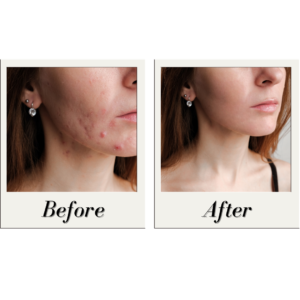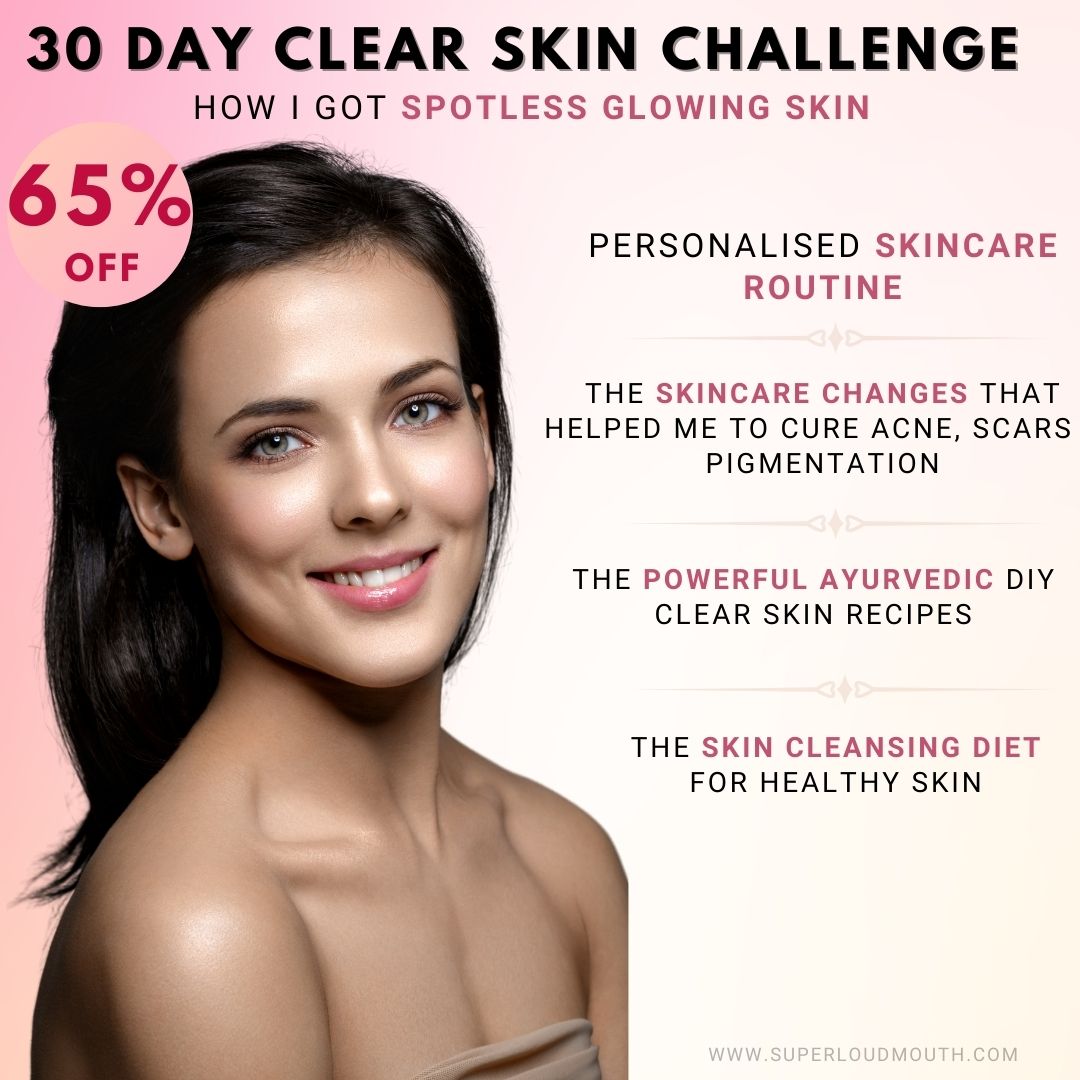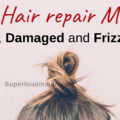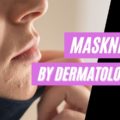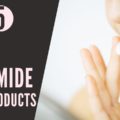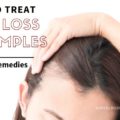How to Prevent, Treat, and Repair Damaged Skin Barrier
Our skin is made of many layers to keep our body protected from external factors or environmental stressors. So, to keep the skin healthy and to function normally, our skin’s barrier must be healthy.
However, the seasonal changes, not using sunscreen, too much exfoliation, environmental factors can cause damage to the skin barrier. Moreover, skin becomes more worse in winter with air conditioning, central heating, a sudden change in temperatures, all can be an onset of the unhealthy skin barrier.
So, in this article, let’s take a deep dive into What’s a Skin barrier and How to prevent, treat, and repair a Damaged skin barrier.
What is a Skin Barrier?
Your skin is made up of layers, skin barrier is part of the top layer of your skin called the Stratum corneum. It is made up of corneocytes (skin cells) and a lipid layer that holds everything together like fatty acids, cholesterol, and ceramides.
To simplify the skin structure, it is popularly called as “brick-mortar’ structure where Corneocytes are considered as the bricks and lipid interface as the mortar. The skin barrier’s role is to keep water trapped in so as to prevent trans epidermal loss, shed off the top layer of the skin, and protect allergens or bacteria from getting inside and causing further irritation.
So, it’s crucial to maintain a healthy skin barrier always.
How to know Skin barrier is Damaged?
To understand that your skin’s barrier is damaged, you’ll notice these skin changes,
- Your skin feels Dry, Flaky, and Sensitive
- Redness and Inflammation will become worse
- All the products applied to your skin will burn or sting your skin
- Sometimes, your skin becomes more oily as well
- Bacterial, viral, or fungal infections on the skin
- Skin becomes prone to Acne
Causes of Damaged Skin Barrier

Our skin barrier can be disrupted due to several possible reasons. If the barrier is damaged, it allows the external irritants to get into your skin easier and lead to trans epidermal water loss because the skin barrier gets compromise which means the tight arrangement between the cells is lost.
Therefore, that’s the reason the Damaged skin barrier is characterized by irritated, dehydrated, inflamed, and flaky skin.
Below are some of the common external causes of the damaged skin barrier, check it out.
- Over Exfoliating – Stripping of the skin or removing fats from the skin by using alkaline soaps or detergents, physical exfoliators, or those exfoliating tools. Also, overexposure to water and using harsh cleansers can severely damage the skin barrier. It strips away the natural lipid barrier of the skin.
- Too much sun exposure – Sun’s UV rays are bad for your skin and if your skin is too much exposed to those UV rays, your skin barrier will be damaged. So, always wearing an SPF 30 or 50 is essential to prevent and protect skin from harmful UV rays and allergens.
- Environmental factors – Cold harsh weather or central heating and an environment that’s either too humid or too dry can affect your skin barrier layer. Therefore, it’s recommended to use humectants (to seal in the moisture) and antioxidants (get rid of free radicals) in the skincare routine to keep a healthy skin barrier.
- Age: As we age, your skin barrier gets weaker, and lose ceramides your skin which means your skin faces more trans epidermal water loss and thereby leads to more dehydrated skin.
How to Protect and Restore/ Repair Damaged Skin barrier
Here are the ways that can help you protect your skin’s barrier and keep it healthy.
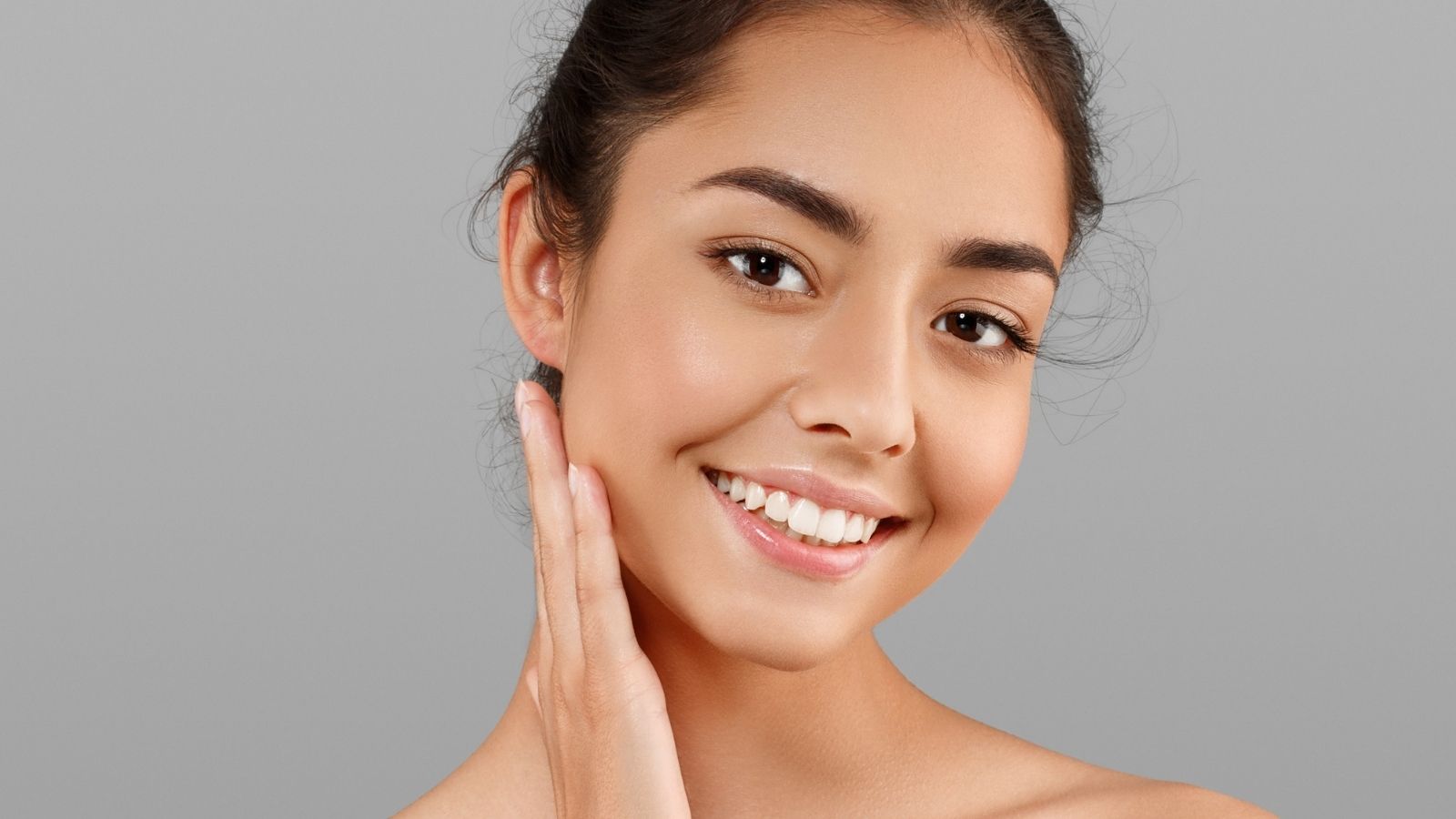
-
Follow a Basic Skincare routine
A basic skin routine is vital to maintain healthy skin. That being said, layering your skin with too many products perhaps weakens your skin barrier. Always make sure to include a mild, gentle cleanser or use a hydrating face wash. Don’t over-wash or over-exfoliate your skin.
If you want to use a Toner, use a hydrating toner that contains either hyaluronic acid or glycerin. Secondly, moisturize your skin with natural moisturizing factors, ceramides, niacinamide, or anti-inflammatory ingredients like Aloe vera. Also, look for humectants that lock in water in your epidermis layer (skin’s surface). So, look for Glycerine, Sodium hyaluronate, Urea, and panthenol.
Lastly, don’t forget to wear an SPF 50 that contains zinc oxide to protect your skin because it is anti-inflammatory. Avoid skin sensitizers like essential oils, drying alcohols, or fragrances. In addition, avoid any actives that can irritate your skin if you’re having a damaged skin barrier. For instance, Salicylic acid can dry out your skin further as it works by removing oil from your skin. Similarly, Vitamin A can also dry your skin because it will increase cell turnover.
-
Learn the 16 Skincare changes to get a healthy and glowing skin barrier
Do you feel like nothing is working to get rid of acne? The quickest solution is to become aware of the root cause of the problem.
Instead of focusing on the solution, focus on observing what is the root cause of your problem and what your skin needs. Once you figure it out, you can effectively work on the right approach to cure acne.
To assist you to get rid of Acne, Dark spots, Acne Scars, or Pigmentation, I’ve mentioned every possible approach to cure skin problems from identifying the root cause to treating the problem effectively through natural ways that worked out for me in my SKIN TRANSFORMATION JOURNEY EBOOK.
-
Consider the pH of any skincare product
Your skin has a pH value of around 5.5 to 5.7. But the pH of some products ranges from below 4 to above 8. Keeping skin’s pH level balanced may help protect you from skin conditions such as Candida albicans infections, Dermatitis, Acne, and etc. Researches recommend using a product that’s close to your skin’s natural pH level.
Best Ingredients & Skin products for Damaged Skin barrier
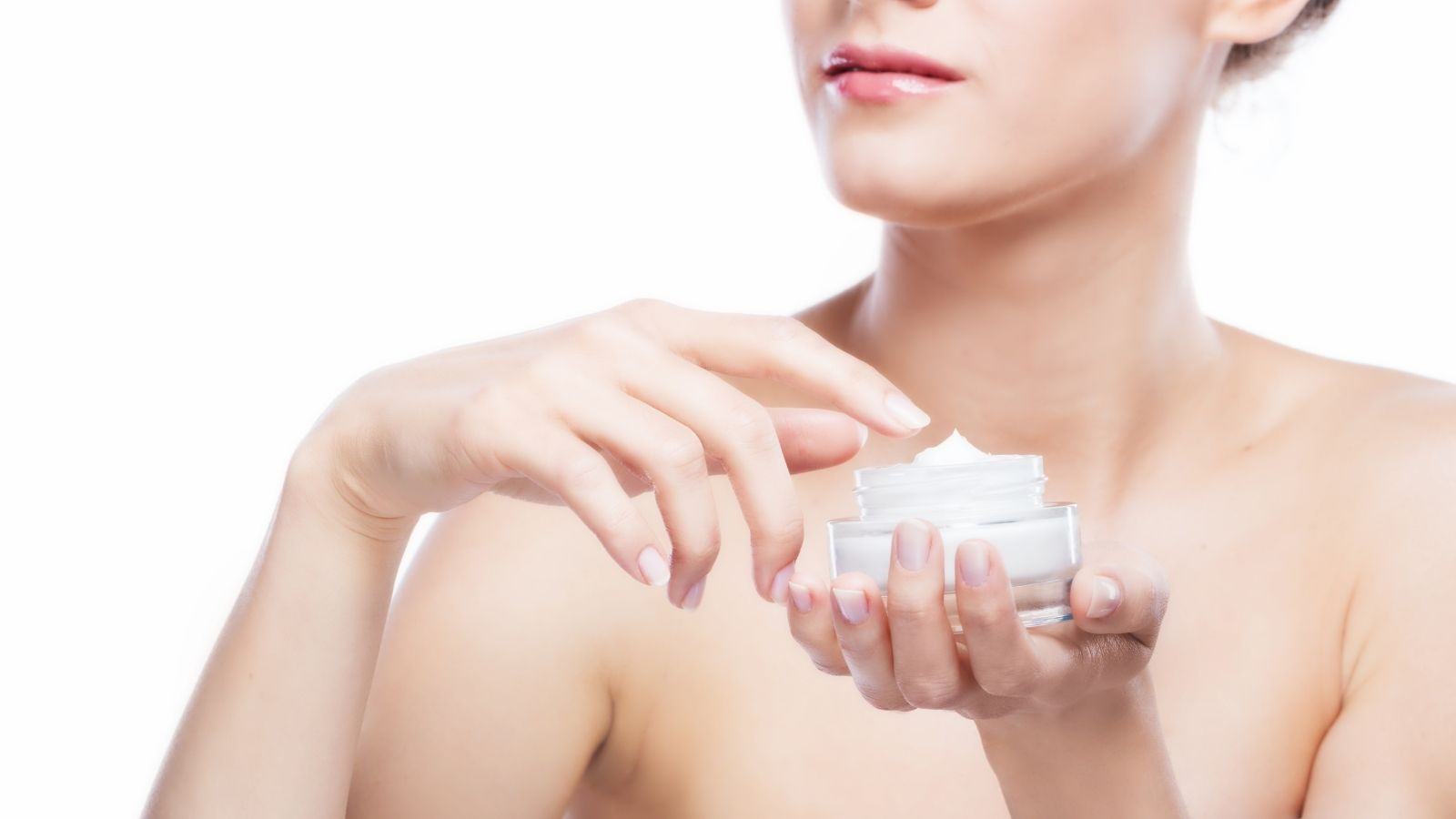
Below are the ingredients and the right skincare products that could help accelerate your skin repair, desensitize your skin, and keep your skin barrier healthy always.
Ingredients that help for restoring the skin barrier are Ceramides, Niacinamide, Free fatty acids, Natural moisturizing factors.
Whereas water retaining ingredients are Hyaluronic acid, Glycerin, and Panthenol.
Similarly, skin-soothing or moisturizing ingredients are Aloe extract, Centella Asiatica, and Calendula extract.
Best Cleanser: Micellar Water, it’s non-string plus hydrating
Best Moisturizer: Cerave Moisturizer, has ceramides and hyaluronic acid or The Ordinary Squalene to prevent trans epidermal loss
Best Sunscreen: Neutrogena Sheer Zinc Mineral Sunscreen with SPF 50
Up to the very end!
Follow these preventive measures to prevent, protect, and restore the skin barrier. Please comment below if you’ve any queries. We’d be glad to help you.


